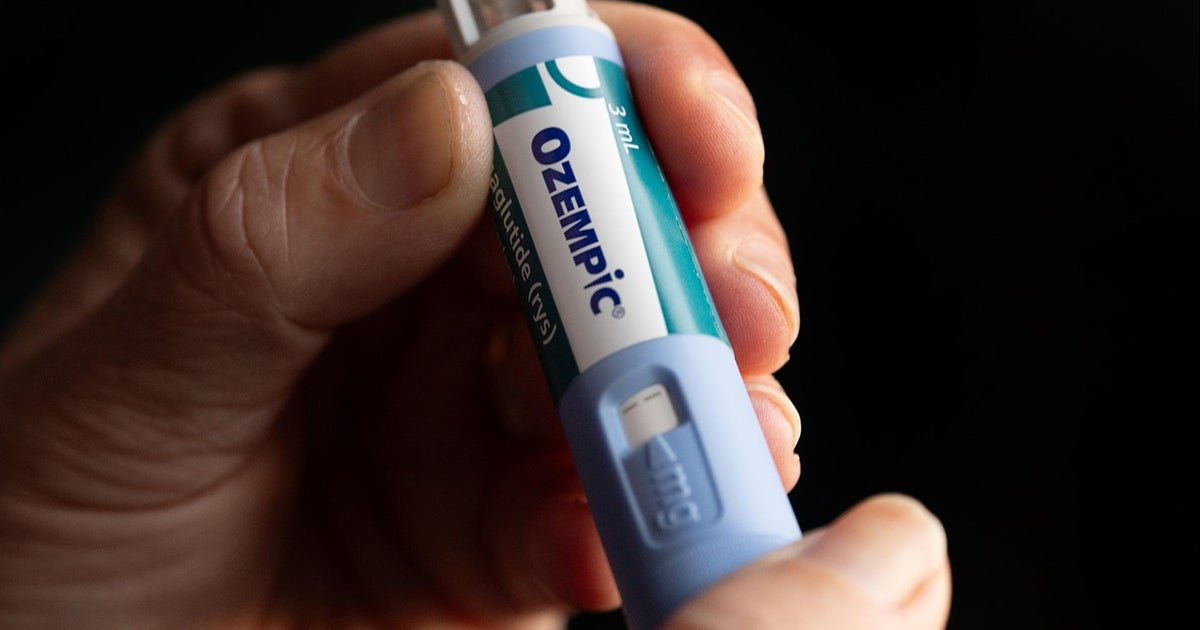Popular diabetes and weight loss drugs may do more than curb appetites — they may also help reduce the risk of dementia, according to new research.
Two studies that noted this unexpected effect were recently published in the journal JAMA Neurology, though neither were specifically designed to look at that risk. One looked at 26 different clinical trials of these medications while the other looked at health records of thousands of people on these medications.
“These were not clinical trials specifically to look at dementia, but based on what they saw in those trials, there was a hint that these newer medications, like Ozempic, like Mounjaro, may reduce the risk of dementia in people who are on those drugs,” Dr. Céline Gounder, CBS News medical contributor and editor-at-large for public health at KFF Health News, said on “CBS Mornings” Tuesday.
Gounder said it makes sense that these medications may potentially have this effect.
“What we’re seeing is there’s this underlying mechanism of damage to blood vessels, inflammation, which is what’s driving many of the chronic diseases we see — whether that’s heart disease, kidney disease, damage to the brain, which can lead to stroke or dementia,” she said.
This isn’t the first time studies have shown additional benefits to these drugs. A 2024 study published in the scientific journal Addiction found diabetes and weight loss drugs like Mounjaro and Ozempic may also help patients suffering from addiction.
In the study, researchers found people with opioid or alcohol use disorder who take Ozempic or similar medications appear to have a 40% lower rate of opioid overdose and a 50% lower rate of alcohol intoxication compared to people who aren’t on the medications.
Access to these drugs, however, shifted under the Trump administration. Previously, the Biden administration proposed that Medicare would start covering the medications for everyone who had obesity, not just people who had diabetes or some other medical condition. Last week, the Trump administration decided not to move forward with that plan.
“So many people on Medicare, who may have been hoping that they would finally have these drugs covered, will probably be disappointed,” Gounder said, adding the drugs are very expensive, over $1,000 a month when paying out of pocket. “But at the same time, this was looked at how much would it cost the U.S. taxpayer to extend this coverage to everybody on Medicare, and you were looking at $35 billion over a decade, so there is a trade off.”




